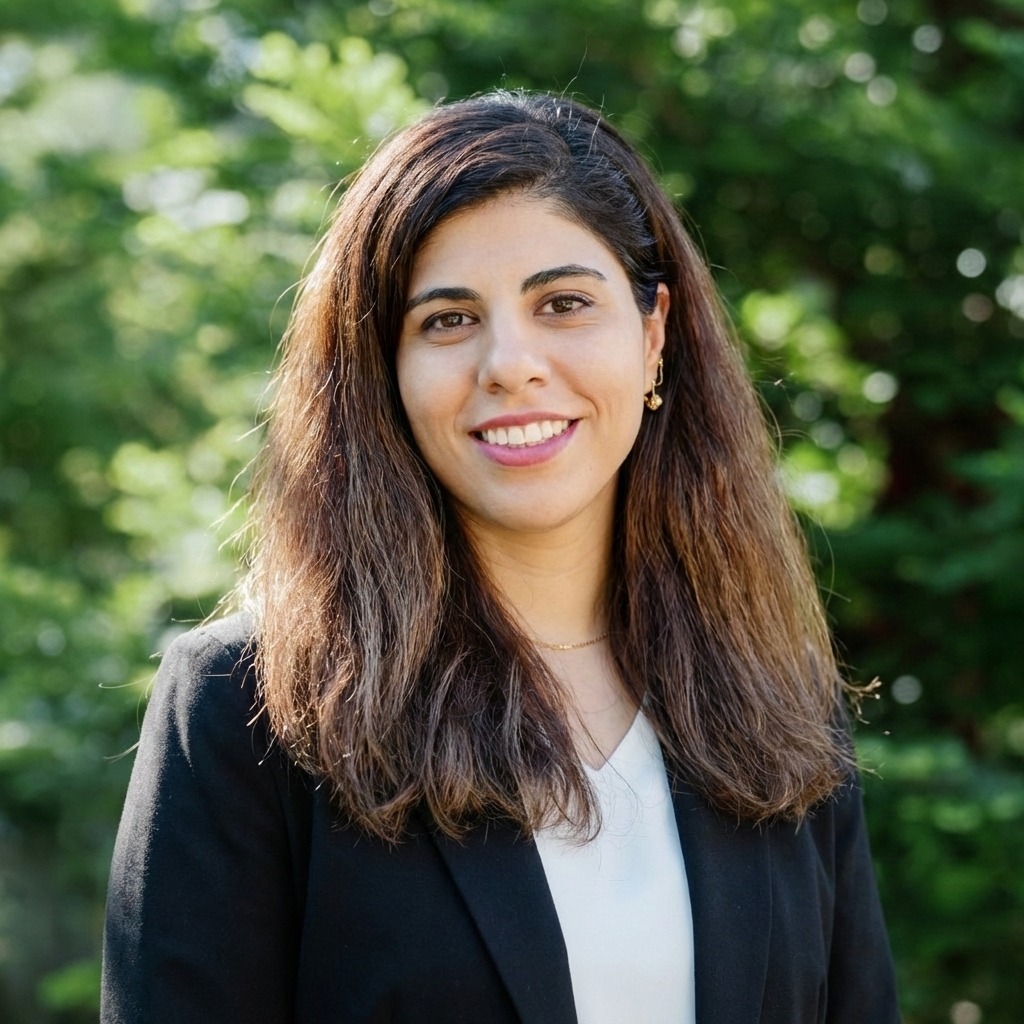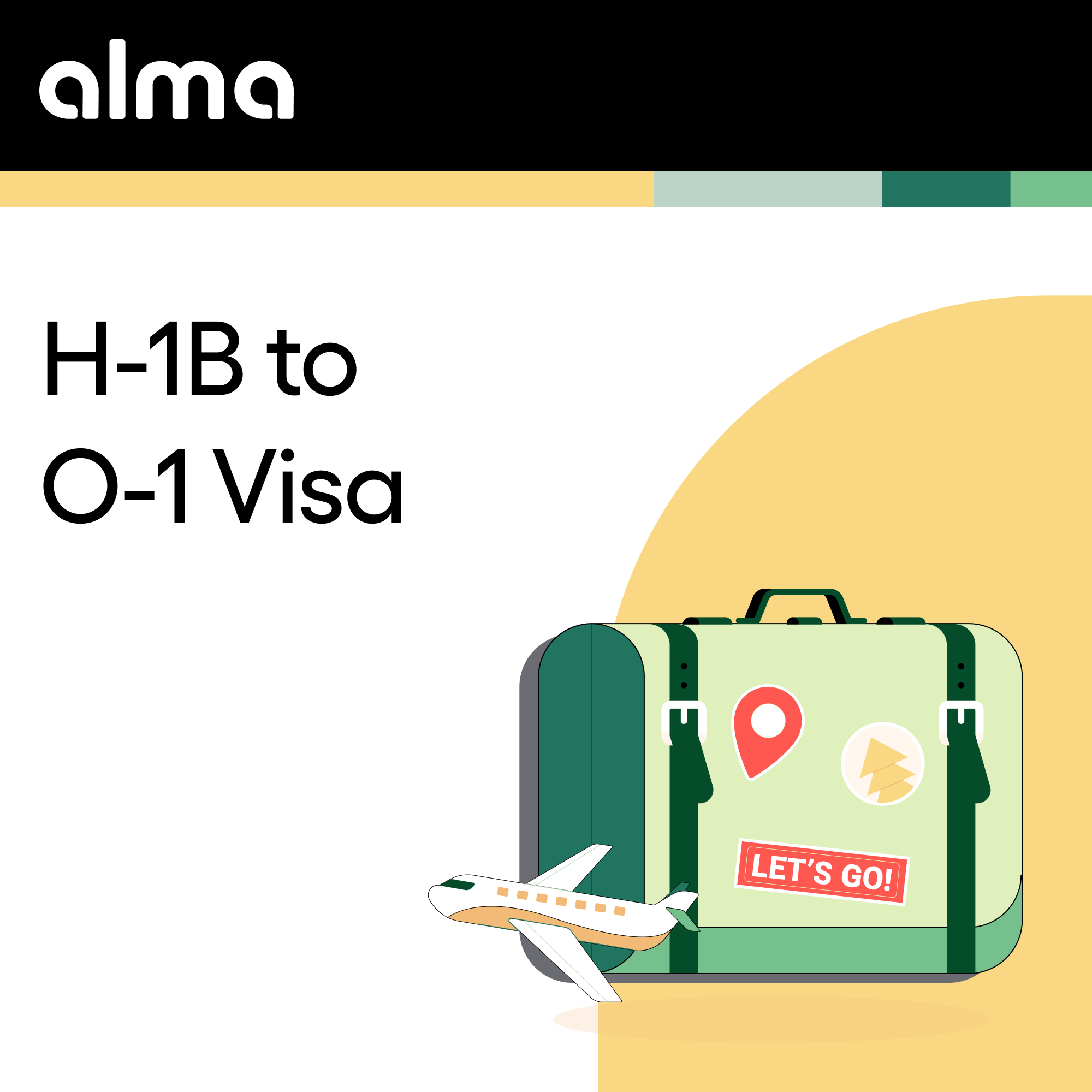- Ulukaya transformed from Kurdish immigrant who fled persecution to founder of a yogurt empire that employs 2,000+ workers across multiple facilities
- Approximately 30% of Chobani's workforce consists of refugees and immigrants from 19+ nationalities, demonstrating refugee hiring's business benefits
- Research and employer surveys indicate that refugees often achieve higher retention rates than average workers, a pattern reflected in Ulukaya’s experience at Chobani
- Ulukaya's immigrant outsider status enabled him to identify a multi-billion dollar market gap in Greek-style yogurt that American food giants had overlooked
- He pioneered unprecedented employee ownership by distributing 10% of company equity to all workers, including factory employees, with media estimates varying by valuation scenario
- The Tent Partnership he founded has mobilized over 500 companies to hire refugees, creating a scalable blueprint for corporate refugee integration
- Entrepreneurs navigating similar immigration pathways today can access visa options including O-1A for extraordinary ability and EB-2 NIW for those demonstrating national interest contributions
Hamdi Ulukaya arrived in the United States in 1994 with $3,000 and minimal English, fleeing persecution in Turkey after advocating for Kurdish rights. Two decades later, he built Chobani into a billion-dollar company and created a model demonstrating employment transforms refugees into economic contributors—a vision that immigration support for entrepreneurs helps make possible for thousands seeking similar pathways.
From Turkey to America: Hamdi Ulukaya's Early Immigration Journey
Growing Up in a Turkish Dairy Family
Hamdi Ulukaya grew up in a nomadic Kurdish shepherd family in eastern Turkey, where making strained yogurt represented daily life rather than exotic cuisine. His family faced political persecution as members of Turkey's Kurdish minority, particularly after he began advocating for Kurdish rights. This cultural and political background would later prove inseparable from his business success—his authentic knowledge of traditional yogurt-making techniques came from necessity, not culinary school.
The Decision to Study in America
In 1994, Ulukaya made the life-changing decision to leave Turkey for the United States on a student visa. He arrived with limited resources and spoke English in halting fragments: "I. Am. Hamdi. I. Am. From. Turkey." After initially studying English as a Second Language, he enrolled at Adelphi University in Garden City, Long Island; he later moved to upstate New York, where his farm background and dairy industry exposure would prove critical.
The journey from student visa to business ownership mirrors pathways available to today's immigrant entrepreneurs through options like F-1 to employment-based transitions that support founders building American businesses.
The Chobani Founder's Path to Entrepreneurship
Acquiring an Abandoned Yogurt Plant
In 2005, Ulukaya received a piece of junk mail that would change his life—an advertisement for a defunct Kraft Foods yogurt plant in South Edmeston, New York. The aging, shuttered facility sat abandoned, representing everything wrong with American manufacturing decline. Rather than seeing failure, Ulukaya recognized opportunity.
He purchased the plant using an SBA-backed loan, a financing pathway often critical for immigrant entrepreneurs lacking traditional banking relationships. The decision represented enormous risk—he had no formal business education, limited capital, and was entering a market dominated by a few multinational corporations.
Building Chobani from the Ground Up
Ulukaya's approach defied conventional business wisdom:
- Rehired former Kraft employees to maintain institutional knowledge and build loyalty
- Spent two years perfecting his Greek-style strained yogurt recipe before launching
- Focused on simple, natural ingredients reflecting his cultural food traditions rather than processed American norms
- Operated on QuickBooks until reaching $670 million in sales, prioritizing simplicity over sophisticated systems
- Manufactured primarily in U.S. plants (NY & ID) when quality and supply chain control were priorities
Greek yogurt grew from less than 1% to around 50% of the U.S. yogurt market by the mid-2010s, with Chobani leading the revolution
Chobani's Rise and Hamdi Ulukaya Net Worth Milestones
From Startup to Yogurt Empire
The speed of Chobani's growth defied industry expectations. After launching in 2007, the company achieved remarkable milestones, reaching $1 billion in sales within just five years by 2012. By the early 2010s, the company had become one of the leading yogurt brands in America, with products distributed across tens of thousands of U.S. retail locations nationwide.
Current Net Worth and Financial Success
While exact figures remain private due to Chobani's status as a privately-held company, Ulukaya remains the majority owner of a multi-billion dollar business. His personal net worth easily qualifies him for Forbes billionaire status. Beyond personal wealth, Ulukaya's financial success enabled unprecedented generosity: the employee equity distribution potentially created significant wealth for longest-tenured factory workers, depending on eventual exit scenarios.
Louise Vongerichten: Partner in the American Dream
Louise Vongerichten, a food industry professional and philanthropist, represents the personal dimension of Ulukaya's American journey. While Ulukaya maintains relative privacy about his personal life, Vongerichten's shared commitment to immigrant support and community investment aligns with the values driving Chobani's social mission. Their relationship reflects how personal connections often reinforce professional purpose for immigrant entrepreneurs building values-driven enterprises.
How Ulukaya's Immigration Status Shaped His Business Philosophy
Hiring Refugees at Chobani Facilities
Ulukaya's most transformative business decision emerged directly from his immigration experience. Facing labor shortages in rural upstate New York and Idaho, he partnered with refugee resettlement agencies rather than traditional staffing sources. The results proved revolutionary:
- 30% of Chobani's 2,000+ employees are refugees or immigrants
- 19 different languages spoken in facilities
- On-site translators (about 16) on staff to eliminate language barriers
- Company-organized transportation (buses and van pools) solving the mobility challenges refugees face
Ulukaya observed that refugees "are the most loyal, hardworking, and determined people" to work for companies—a view that aligns with research showing higher retention rates among refugee employees compared to average workers.
The Tent Partnership and Advocacy Work
In 2016, Ulukaya founded the Tent Partnership for Refugees to scale his hiring model across corporate America. The initiative mobilized over 500 companies—including Amazon, Hilton, Mastercard, UPS, and Ikea—to hire refugees, helping tens of thousands find employment globally.
For founders building companies that could similarly benefit from diverse talent pools, personalized immigration support helps businesses create compliant, scalable hiring programs for foreign national employees.
The American Dream: What Ulukaya's Story Teaches About Opportunity
Economic Mobility Through Business Ownership
Ulukaya's journey from immigrant with $3,000 to billionaire philanthropist exemplifies economic mobility at its most extreme. But the wealth creation extended far beyond personal gain:
- 2,000+ direct jobs created across manufacturing facilities
- Significant economic contributions to Twin Falls, Idaho and upstate New York regional economies
- Thousands of indirect jobs through dairy farmers, suppliers, distributors, and service providers
- Employee wealth building through the equity distribution program
Creating Jobs in Struggling Communities
Both Twin Falls, Idaho and South Edmeston, New York were declining manufacturing towns before Chobani. The company revitalized abandoned factories into thriving production centers, significantly contributing to local employment and revitalization. When local labor pools proved insufficient, refugee workers filled critical roles—creating a powerful counter-narrative to "immigrants take jobs" rhetoric by demonstrating how they enable business growth that creates jobs for everyone.
Ulukaya's observation captures the transformation: "The minute a refugee gets a job is the minute they stop being a refugee"—employment provides income, purpose, social connection, and integration pathways simultaneously.
Immigration Pathways for Entrepreneurs: Lessons from the Chobani Founder
Student Visa to Business Owner: Common Pathways
While specific details of Ulukaya's immigration status progression remain limited in public sources, his journey from student visa holder in 1994 to business owner by 2005 represents a common pattern:
- F-1 student visa: Initial entry for education
- Optional Practical Training (OPT): Post-graduation work authorization
- Employment-based sponsorship: Transition to permanent residency through employer or self-petition
- Naturalization: Eventual U.S. citizenship
Visa Options for Today's Immigrant Entrepreneurs
Modern immigrant founders have several pathways that existed but were less commonly used by startup founders in earlier decades:
- O-1A visa: For founders with extraordinary ability in business, science, or technology—ideal for entrepreneurs with significant achievements, media recognition, or industry awards
- EB-2 NIW: National Interest Waiver for those whose business ventures benefit America economically or technologically, requiring no employer sponsorship
- EB-1A: Extraordinary ability green card for top-tier entrepreneurs with sustained national or international acclaim
- E-2 visa: For nationals of treaty countries making substantial investments in U.S. businesses
For early-stage founders managing tight budgets, Alma's startup immigration plan provides flat-rate pricing with streamlined document turnaround, removing uncertainty from the visa process.
Building a Billion-Dollar Company as an Immigrant: Key Success Factors
How Cultural Background Informed Product Innovation
Ulukaya's competitive advantage stemmed directly from his immigrant authenticity. Growing up making strained yogurt in Turkey gave him expertise American food executives lacked despite controlling most of the market. His cultural food traditions—simple ingredients, high protein, authentic taste—reflected genuine knowledge rather than market research.
This outsider perspective enabled him to identify a multi-billion dollar gap in Greek-style yogurt that established players had overlooked. When American consumers tasted authentic Greek-style yogurt, they embraced the category en masse.
Overcoming Barriers as a Non-Native Founder
Ulukaya faced formidable challenges:
- Language barriers: Limited English fluency in business negotiations
- No network: "I didn't know anyone" in American circles
- Capital constraints: Relied on SBA loan rather than venture capital connections
- Cultural unfamiliarity: Operated outside traditional business school frameworks
He transformed these apparent weaknesses into strengths by staying grounded in his shepherd roots, prioritizing human relationships over spreadsheets, and building authentic connections with employees and customers.
Hamdi Ulukaya's Advocacy for Immigration Reform
Public Statements on Immigration Policy
Ulukaya leveraged his business platform to advocate for refugee and immigrant rights. In 2018 CNN interviews, he highlighted the global refugee crisis—about 65 million displaced people worldwide in 2018; by 2024, over 120 million—and criticized insufficient American response as both humanitarian failure and missed economic opportunity.
Using Business Platform for Advocacy
When far-right conspiracy theorists including Alex Jones falsely accused Chobani of "Islamic invasion" conspiracies in 2017, Ulukaya sued; the case settled with a retraction and apology. Rather than retreating from pro-refugee positioning, market research showed the controversy strengthened brand perception among consumers who increasingly reward values-driven business practices.
His consistent message: "Business can and must do its part in the communities they call home"—demonstrating that corporate social responsibility and profitability can align rather than conflict.
From American Dream Water Park to American Dream Nut Butter: The Phrase's Cultural Resonance
The "American Dream" has become ubiquitous in American commercial culture—from the American Dream mall in New Jersey to American Dream nut butter products to water parks and movies bearing the name. This widespread usage reflects the phrase's enduring power as cultural shorthand for opportunity, mobility, and aspiration.
Ulukaya's story resonates precisely because he embodies the concept's original meaning: arriving with nothing, working hard, building something valuable, and creating opportunities for others. While the phrase has been commercialized and sometimes trivialized, his journey demonstrates the American Dream remains achievable for immigrants when systemic barriers don't block the path.
Immigration Support for Growing Companies: Scaling Like Chobani
Managing Immigration for Expanding Workforces
As Chobani grew from a startup to a 2,000+ employee organization, immigration compliance became increasingly complex. Companies scaling rapidly face mounting challenges:
- H-1B visa programs for specialty occupation workers
- L-1 transfers for employees moving from international offices
- Labor Condition Application (LCA) compliance for foreign nationals
- I-9 verification and anti-discrimination requirements
- Status monitoring and expiration tracking across hundreds of employees
Compliance Considerations for Immigrant-Heavy Teams
Organizations with significant refugee and immigrant populations need robust systems. For companies managing 26-250 foreign nationals, Alma's Growth Plan provides structured workflows, automated compliance alerts, and employee-facing trackers that keep HR teams audit-ready.
Larger enterprises with 250+ foreign nationals benefit from enterprise-grade compliance platforms with role-based access controls, real-time analytics dashboards, and global case tracking—infrastructure necessary when operating at Chobani's scale.
What Aspiring Immigrant Entrepreneurs Can Learn from Hamdi Ulukaya's Journey
Practical Steps for Immigrant Founders Today
Ulukaya's path offers actionable lessons for today's immigrant entrepreneurs:
- Leverage cultural authenticity: Your background provides insights domestic founders lack—find gaps where your expertise creates competitive advantage
- Start with what you know: Ulukaya's dairy knowledge from shepherd upbringing became billion-dollar expertise
- Prioritize people over process: His human-centered approach built extraordinary loyalty and productivity
- Give back as you grow: Employee ownership and refugee hiring strengthened rather than weakened the business
- Stay simple longer: Operating on QuickBooks to $670 million avoided complexity that stifles innovation
Planning Your Immigration and Business Journey
Modern immigrant founders should consider visa pathways early. An O-1 visa for extraordinary ability can provide work authorization while building your venture, while EB-2 NIW applications for national interest projects offer paths to permanent residency without employer sponsorship.
Personalized immigration services with streamlined document turnaround remove uncertainty from the process, letting founders focus on building rather than worrying about status issues. For entrepreneurs navigating complex pathways, expert guidance transforms immigration from obstacle into manageable process.
The most important lesson? Employment and entrepreneurship represent the most transformative interventions for immigrant integration. When given opportunity plus proper legal support, immigrants don't just participate in the American economy—they transform it, create thousands of jobs, and redefine entire industries.
Frequently Asked Questions
Hamdi Ulukaya entered the United States in 1994 on a student visa, initially studying English as a Second Language before enrolling at Adelphi University. While specific documentation of his subsequent immigration status transitions remains limited in public sources, his pathway from student visa holder to business owner likely involved Optional Practical Training (OPT) work authorization followed by employment-based permanent residency sponsorship—a common progression for international students who establish businesses. Today's entrepreneurs have specialized visa options including O-1A for extraordinary ability and EB-2 NIW for national interest contributions that existed but were less commonly used by startup founders in earlier decades.
Public sources do not document Ulukaya's specific citizenship timeline or the exact pathway he followed from student visa to U.S. citizenship. The typical progression from F-1 student visa to citizenship involves obtaining employment-based permanent residency (green card) followed by five years of lawful permanent resident status before naturalization eligibility. This process can take many years depending on specific visa transitions and processing times. While Ulukaya's ability to travel internationally for business suggests he obtained citizenship, the specific details remain private.
While exact figures remain private since Chobani is not publicly traded, Ulukaya remains the majority owner of a multi-billion dollar company generating substantial annual revenue. Industry analysts and media outlets including Forbes estimate his net worth in the multi-billion dollar range, easily qualifying for Forbes billionaire lists. However, his 2016 decision to distribute 10% of company equity to employees demonstrates prioritizing shared wealth creation over personal accumulation. His net worth fluctuates with private company valuations and would crystallize upon any future sale or public offering.
Chobani implements comprehensive infrastructure to successfully employ a workforce where 30% are refugees or immigrants from 19+ nationalities. Support systems include 16 full-time translators eliminating language barriers, company-organized transportation solving mobility challenges, in-job training tailored to individual needs, and cultural sensitivity programs for all employees. The company also offers mentorship pairing refugees with veteran workers, above-market compensation, six-week paid parental leave for all employees including hourly factory workers, and the employee equity program distributed 10% ownership across the entire workforce.
Modern immigrant entrepreneurs have several visa pathways: the O-1A visa serves founders demonstrating extraordinary ability through achievements, media recognition, awards, or significant contributions in business or technology; EB-2 NIW (National Interest Waiver) enables self-petitioning for permanent residency when business ventures benefit America economically or technologically; EB-1A provides extraordinary ability green cards for top-tier entrepreneurs with sustained acclaim; E-2 treaty investor visas allow substantial investment-based work authorization for nationals of treaty countries. Each pathway has distinct requirements regarding evidence, investment levels, and processing timelines, making expert legal guidance critical for selecting optimal strategies.



.png)
.png)



